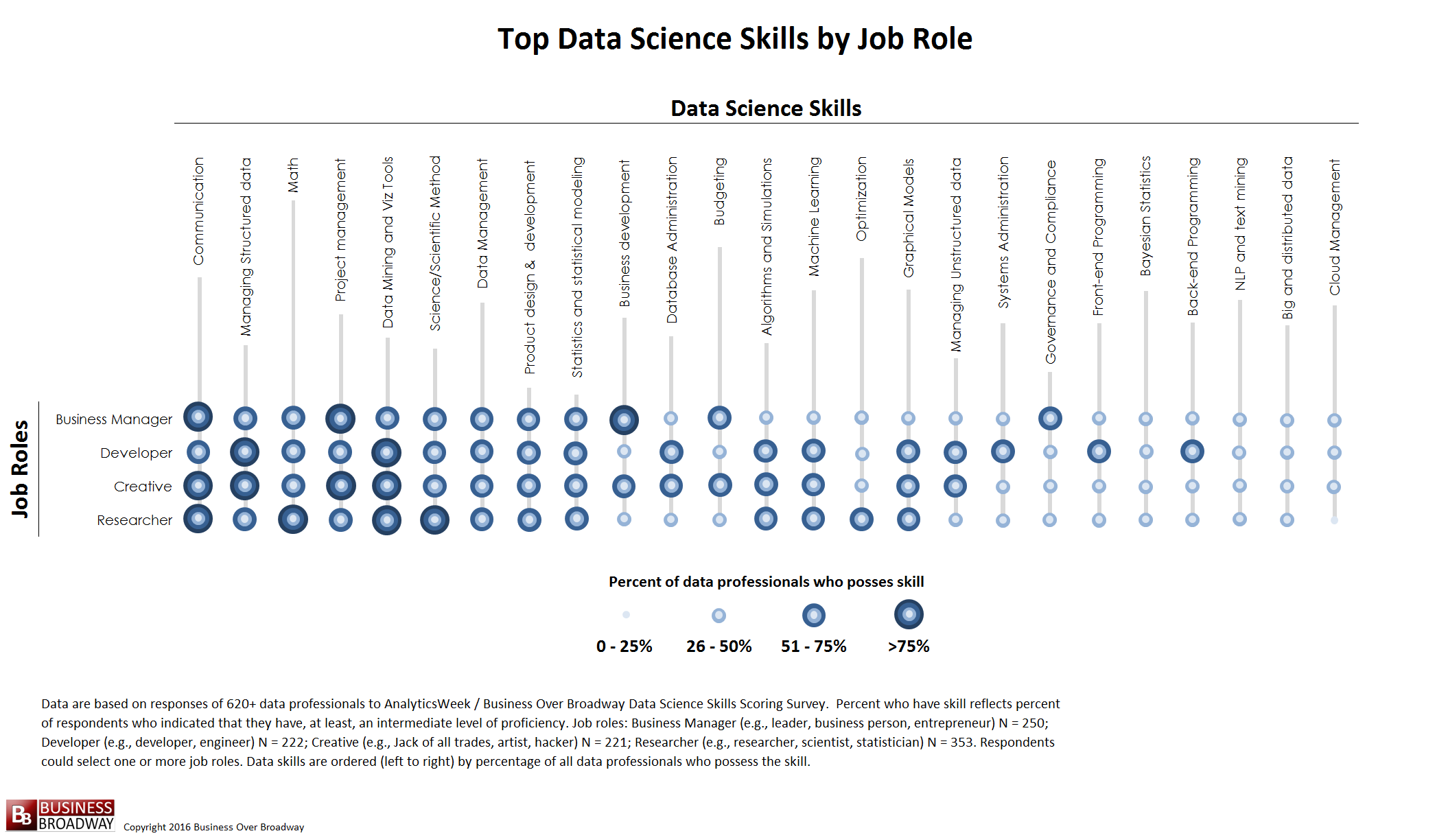I saw Einstein quoted yesterday, “The intuitive mind is a sacred gift and the rational mind is a faithful servant. We have created a society that honors the servant and has forgotten the gift.”
I wondered what he meant, because I think of the intuitive mind as a treacherous friend. We can’t do without it, because we have too many decisions to make. You’d never get out of bed if everything had to be evaluated rationally. But at the same time, whatever heuristics are going on in there are the same ones that,
- fail to appreciate bathtub dynamics,
- happily reason without the conjunction rule,
- cause people to double down on sunk costs and
- anchor on irrelevant numbers
… and indulge in dozens of other biases. I think they’re also why Lightroom’s face recognition mixes me up with my dog.
How could Einstein revere intuition above reason? Perhaps he relished the intuitive guess at an equation, or some kind of Occam’s Razor argument about simplicity and beauty?
Well, it appears that the answer is simple, but not too simple. He didn’t say it.

